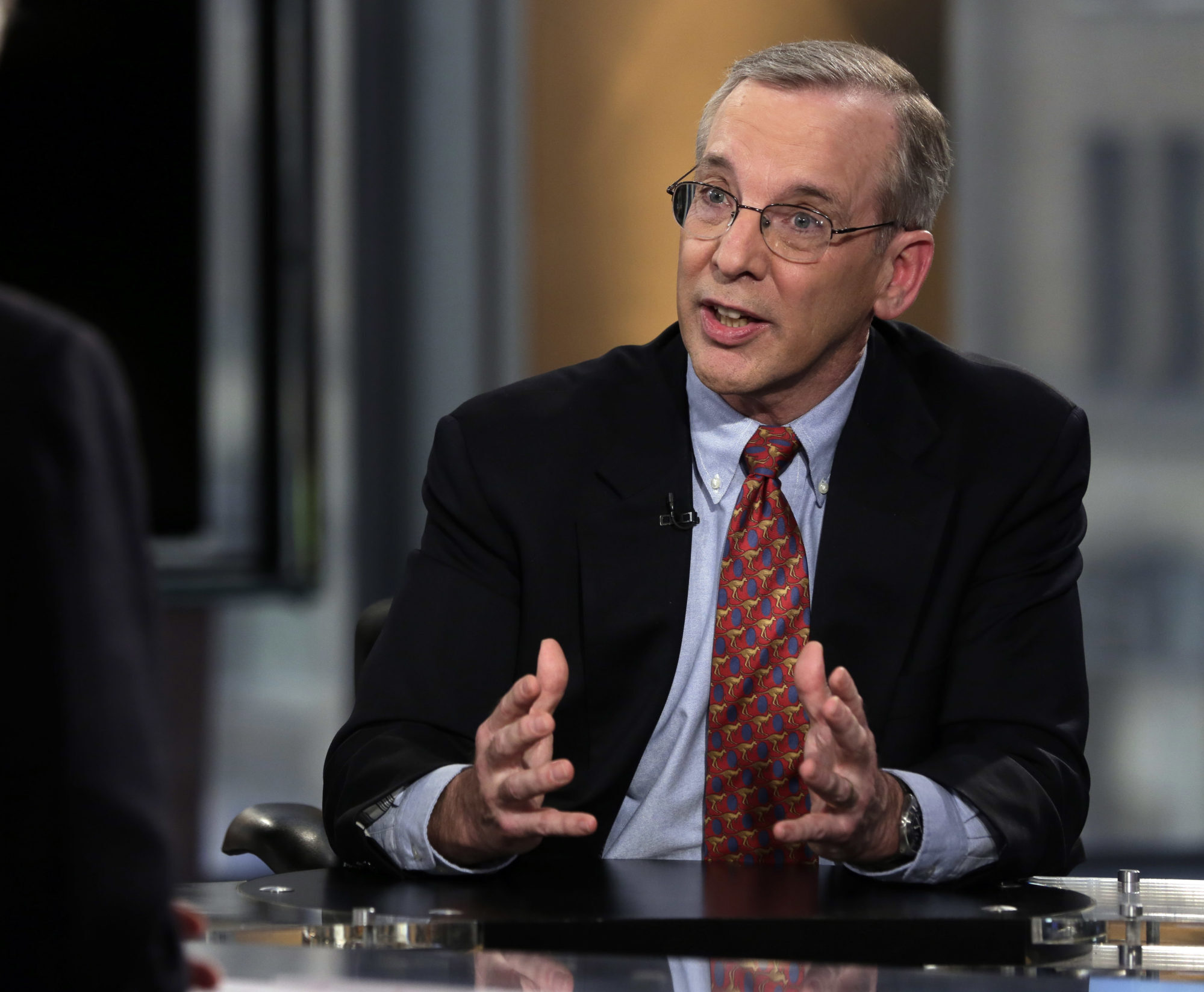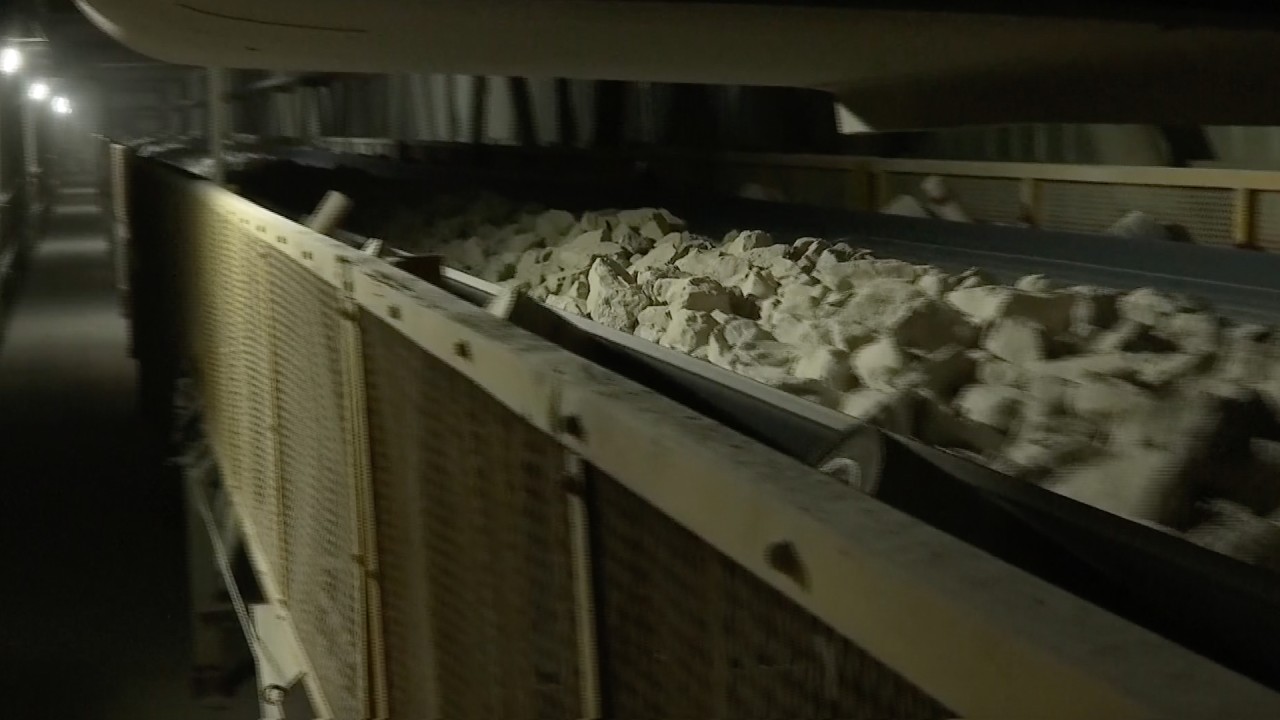
Central bankers can no longer dismiss inflation concerns – price rises are everywhere
- China seems alert to the threat but the US Federal Reserve and other major central banks in the West need to show more concern about rising prices
- If consumers lose confidence in central banks’ ability to control inflation, they will seek higher wages and push prices even higher
Coca-Cola has said it will raise prices on its drinks in the United States. US consumers know that, broadly speaking, higher sticker prices are the real thing even if the Federal Reserve is still arguing that current inflationary pressures are transitory. The Fed needs to change tack or risk losing popular confidence. Other central banks will have to follow suit.
And if that makes US consumers feel like weeping, they might want to buy their disposable tissues now, as the makers of Kleenex, Kimberly-Clark Corp, have announced a number of price increases that look likely to be rolled out in late June.
Fed policymakers will no doubt continue to suggest that such higher prices are transitory but US consumers are not stupid.
They know that price increases for consumer goods tend to stick and when Joe Sixpack, the archetypal American working man, sees that his pay cheque isn’t going as far as it used to, Fed reassurances about transitory inflationary pressure will fall on deaf blue-collar ears.
Fed officials clinging to the current narrative might want to think back a decade to a rather uncomfortable evening that former New York Federal Reserve president William Dudley then endured in the city that never sleeps, when addressing a town hall meeting in the working-class neighbourhood of Queens.
Certainly, no one in that audience was asleep in April 2011 and attendees bombarded Dudley with their concerns about increases in US food prices.
He sought to reassure those present by contextualising rising commodity prices within the broader economic situation, only to be asked politely: “When was the last time sir, that you went grocery shopping?”

Now, when you are in a hole, it’s best to stop digging but, in 2011, Dudley pressed on, pointing out that while food and energy prices were rising, other prices were falling.
“Today you can buy an iPad 2 that costs the same as an iPad 1 that is twice as powerful,” he said. “You have to look at the prices of all things.”
“I can’t eat an iPad,” was the cutting response from one attendee. Dudley lost the room that night in Queens, and the risk is that if the US central bank continues to stick to the line that inflation pressures in the US are transitory, the Fed may find it loses the confidence of Main Street and that would be a serious policy error.
The Fed may be in tune but will inflation eventually spoil the party?
If Joe Sixpack decides the US central bank has not got his back, he will look for pay increases to counter the evidence of rising prices visible on every trip to the supermarket. At that point, inflation becomes driven not just by cost-push factors but also by wage-pull pressures.
Nor is this just a potential problem for the Fed. Based on a representative Dutch survey, a recent working paper published under the auspices of the Bank for International Settlements concluded that, in the Netherlands, in the “median long-term”, defined as 10 years ahead, the euro area inflation expectations of Dutch consumers are 4 per cent, twice the European Central Bank’s inflation aim of 2 per cent.
The paper argues that this shows “inflation expectations are not well anchored at the ECB’s inflation aim”. To some, the phrase “not well anchored” might appear something of an understatement.
In the middle of a global pandemic, which central banks have understandably adjudged to require the most ultra-accommodative monetary policy response, the accompanying central bank narrative makes perfect sense, but that doesn’t mean it will continue to resonate with the general public as evidence of rising prices grows.
In the West, the Fed and other major central banks need to show a greater degree of concern about the growing evidence of rising consumer prices.
Rising sticker prices do not feel transitory to Western consumers, and if those consumers decide inflation is the real thing, then it really is the real thing.
Neal Kimberley is a commentator on macroeconomics and financial markets



